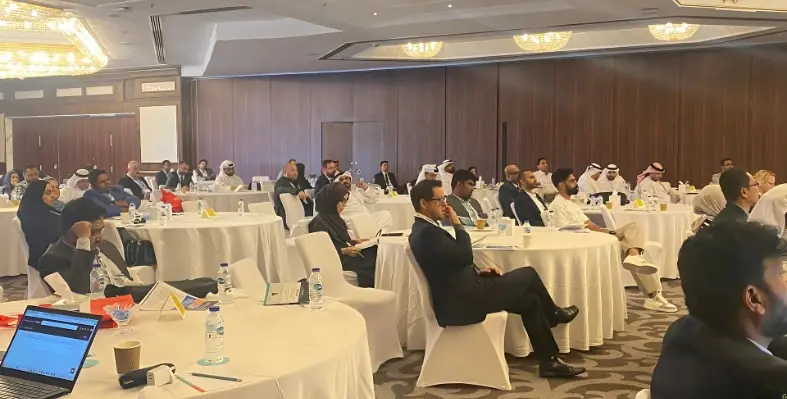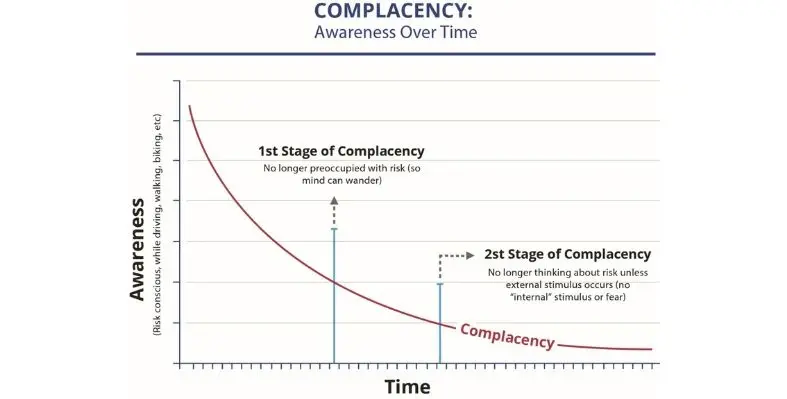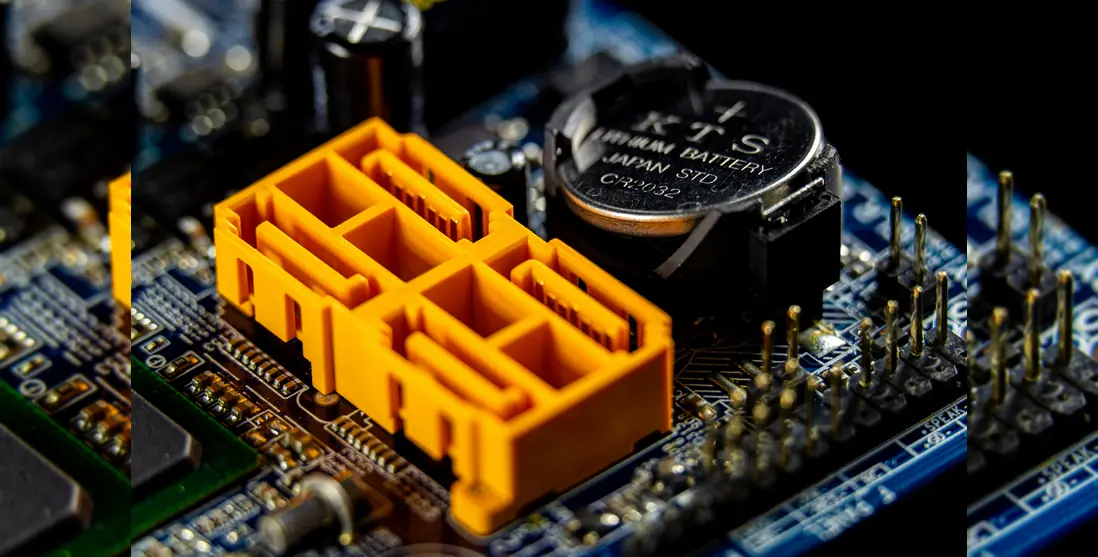Internet of Things (IoT) is the fastest growing trend driving the deployment of applications that use public key infrastructure (PKI), according to Thales’ 2018 Global PKI Trends Study
The study, based on an independent research by Ponemon Institute and sponsored by Thales, shows an increased and continued reliance on PKI as a core enterprise asset and a root of trust.
Dr Larry Ponemon, chairman and founder of The Ponemon Institute, said, “In previous years, we highlighted PKI as an established technology positioned to tackle the authentication needs and challenges to support the rise of cloud applications. Now, the C-suite is challenging its teams to leverage IoT to improve and drive business.”
He added, “With this comes the increased risk of more endpoints to protect, and the need to understand the role of PKI as a critical enabler. At the same time, this underscores the need for further advancement in skilling and resourcing related to PKI and the overall ownership within the organisation.”
While many of the traditional challenges to PKI adoption remain, such as a lack of clear ownership, organisations are increasingly hiring PKI specialists and investing in additional security controls such as multi-factor authentication.
The study suggested that in the next two years, almost half of IoT devices will use digital certificates for authentication. As the IoT continues to grow, 27 per cent of the survey respondents said that PKI deployments for device credentialing will live in the cloud, with 43 per cent a combination of both enterprise and cloud.
The findings also suggested that 44 per cent of health companies believe that IoT is one of the two trends driving deployment of PKI applications. The industrial sector led the charge in growth of PKI usage with an average of 43,000 certificates under management.
John Grimm, senior director - security strategy, Thales eSecurity, noted, “In this era of digital transformation, where companies are deploying digital technologies to improve their operations, deliver value to customers and gain competitive advantage, IoT initiatives invariably are the backbone of those efforts.”
Grimm further explained, “Huge amounts of data are generated by and collected from a rapidly growing number of IoT devices, with the cloud playing a pivotal role in IoT solutions of the future. But there’s no point in collecting and analysing that data, and making business decisions based upon it if you’re not able to trust the devices or their data. For safe, secure IoT deployments organisations need to embrace time-tested security techniques, like PKI, to ensure the integrity and security of their IoT systems.”
























